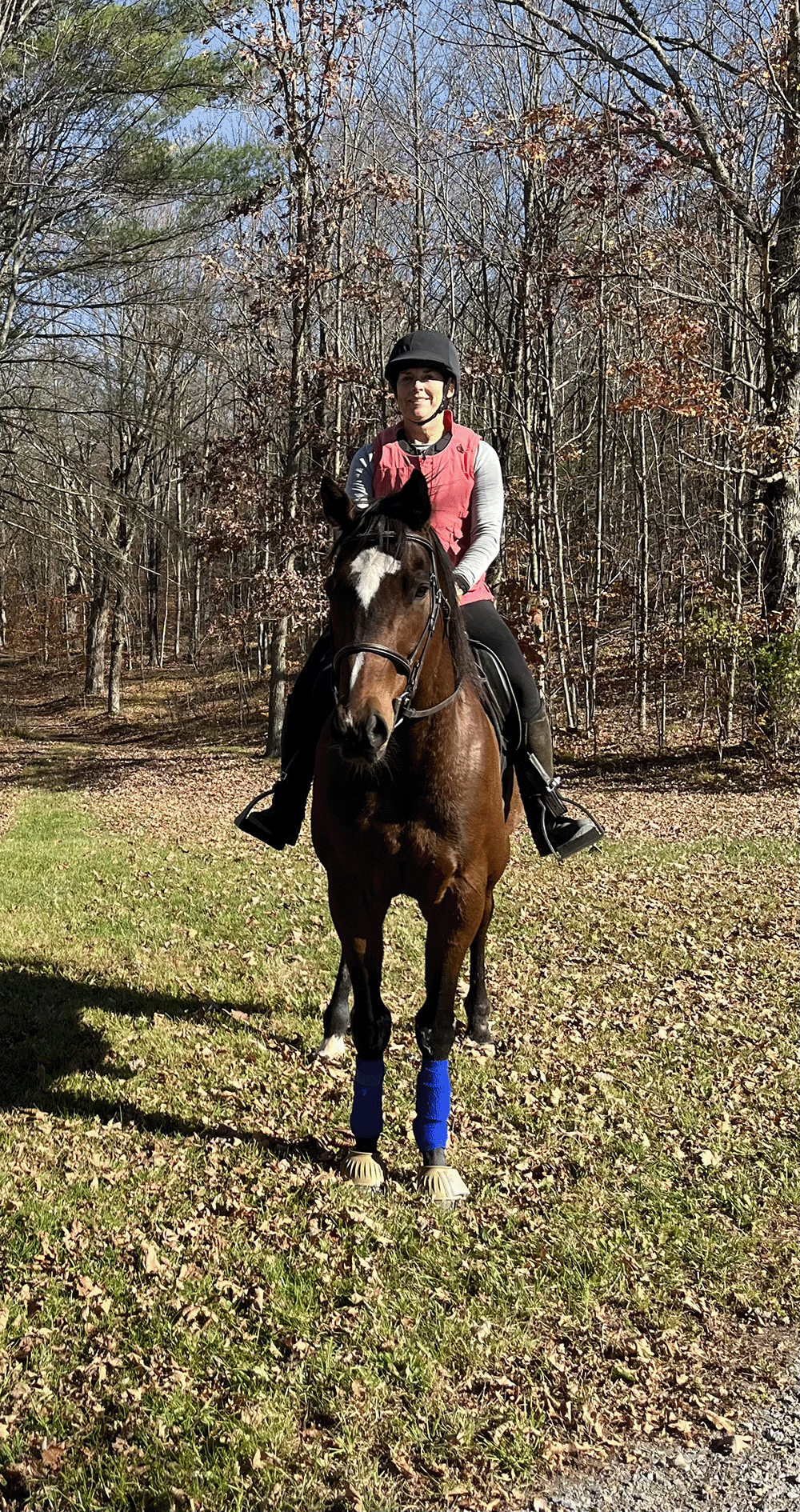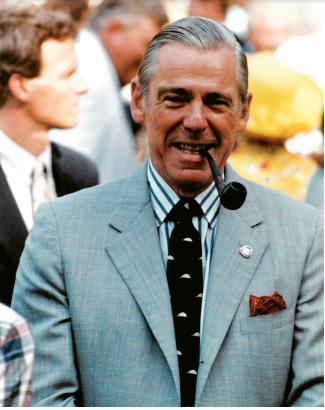ACTT Naturally
Have you suffered a loss? Are you experiencing heartache? Is your self-confidence waning? Come and spend a day with the horses of ACTT Naturally. They will open your heart, show you how to find peace and help you heal. This is a day-long event with lunch provided. There is no cost except for a $25 refundable
Read More >Have you suffered a loss? Are you experiencing heartache? Is your self-confidence waning? Come and spend a day with the horses of ACTT Naturally. They will open your heart, show you how to find peace and help you heal. This is a day-long event with lunch provided. There is no cost except for a $25 refundable
Read More >Have you suffered a loss? Are you experiencing heartache? Is your self-confidence waning? Come and spend a day with the horses of ACTT Naturally. They will open your heart, show you how to find peace and help you heal. This is a day-long event with lunch provided. There is no cost except for a $25 refundable
Read More >All Posts & News Press Releases Success Stories Aftercare Editorials Supporter Features Inspector Spotlights Previous Post Badge of Trust Badge of Trust By: Alexis Arbaugh March 12, 2024 Success Stories Tags:ACTT Naturally, Success story, Thoroughbred Aftercare, Thoroughbred Aftercare Alliance, Trail Riding Susan Samascott found African Badge through a friend who originally considered him as a potential candidate for a student within her training program. Unfortunately, the friend’s student was intimidated by African Badge’s substantial size and chose not to proceed with the adoption. Still impressed with the unraced handsome bay Thoroughbred as a riding prospect, the friend contact Susan hoping that African Badge might be a good match for her instead. Susan scheduled an appointment with ACTT Naturally, hopped into her car, and journeyed to Greenwich, New York. In no time, she found herself completely smitten with African Badge, now known as Cairo. Cairo had experienced two previous adoptions before Susan, both resulting in his return to the adoption center. This was not the fault of the horse; the most recent return was due to the unfortunate unexpected passing of the previous owner. After hearing his story and spending some quality time with him, Susan was certain that Cairo belonged with her. At the time, Susan had found herself in a challenging spot with riding due to some accidents involving her previous horse. “He needed a forever home, and I needed a horse to help me get over a fear of riding,” Susan explained. “It just felt right.” The connection between them felt undeniable—it was as if they were meant to find each other. Susan has enjoyed owning Cairo for about a year now and cherishes their partnership. He has played a significant role in helping her overcome her fear of riding, while she, in turn, has assisted him in refining his retraining after coming off the track. Together, they’ve formed a strong bond and have made remarkable progress. Their journey has been further enriched with the guidance of a dedicated trainer who has been pivotal in their growth and fostering trust between the pair. Cairo has proven to be the trail horse Susan had always envisioned. His steadfastness and reliability make him the perfect companion for their trail adventures. Every day, Susan is filled with gratitude for Cairo’s timely entrance into her life. Before meeting Cairo, Susan had endured a series of unfortunate experiences with horses and was on the brink of giving up riding altogether. Sometimes, a single extraordinary horse has the power to completely transform one’s perspective on riding. As Susan pondered her riding future, Cairo emerged as the solution. Despite carrying their respective traumas, they found solace and healing together, their journey becoming a source of peace as they worked in harmony. Share This Article Do you have a success story that you would like to share? Submit your experience with an accredited organization here: Success Story Submission
Read More >Few in racing can say they have accomplished more for retired racehorses than the late John Hettinger. After nearly two decades working abroad–first in corporate sales and marketing, then in real estate development where he ultimately made his fortune–Hettinger and his wife, Betty, returned in 1973 to take over Akindale Farm for John’s father. Located just north of New York City, Hettinger transformed the 55-acre farm into an 800-acre Thoroughbred breeding and racing operation complete with a training track, shedrows, turnout paddocks, and more. The Yale University graduate campaigned numerous homebred multiple graded stakes winners; however, more notable than his influence as a breeder were his contributions to the sport as a whole. “John was essentially a white knight in 1991 when he and his family became the largest shareholders in Fasig-Tipton as it underwent restructuring,” said Fasig-Tipton president and CEO Boyd Browning. “John, as a human being, a shareholder, and a board member had more integrity and understanding of what’s best for the industry than most. He was an exceptional person of unbelievable character, of unbelievable guidance, and always wanted to make sure things were done the right way. He was a fantastic human being and a major influence on Fasig-Tipton and me personally.” Two years before Hettinger’s death in 2008, he transitioned 200 acres of Akindale Farm to be a sanctuary and an adoption facility for retired racehorses and formalized a succession plan to ensure its continued operation long after his life. “He didn’t just talk the talk; he walked the walk,” Browning said. “During his planning for when he passed away, it was important for John to make sure that Akindale was utilized for retired horses. John also provided financial support for the aftercare program after he had passed. He was a true believer who took action to support what he believed and what he said.” Thanks to such planning, Hettinger’s intuitive vision and unwavering devotion to off-track Thoroughbreds live on as hallmarks of Akindale Thoroughbred Rescue. Hettinger was awarded a Special Eclipse Award in 2000 and eventually was inducted into the Hall of Fame in 2019 for his numerous initiatives to support aftercare organizations and the off-track Thoroughbreds they serve. In 2000 he spearheaded the National Thoroughbred Racing Association’s inception of the Racehorse Adoption Referral Program, and in 2001 he founded Blue Horse Charities. “I think John was the godfather; the person who really took the torch and raised the bar in terms of the industry’s understanding of aftercare,” Browning said. “He was a very vocal opponent of slaughter in the United States. He cared deeply about horses and was a founding father of the aftercare movement.” Over the past decade the racing industry has faced many challenges, especially those relating to the welfare and aftercare of its equine athletes. The development of the Thoroughbred Aftercare Alliance in 2012 is one of the industry’s leading achievements and is a testament to the shared desire to ensure a safety net. For industry participants interested in moving these efforts forward, a detailed succession plan is a vital component. It’s a requirement of TAA-accredited charities. “The main reason we ask for proof of a succession plan is, we want to make sure that the horses have someone who can take care of them if the person who oversees the organization is gone–whether through sickness, death, or whatever the circumstance–if it means they have to be off for a certain period of time,” said TAA accreditation and grants manager Janice Towles. “At the end of the day, you definitely want to make sure that someone else knows what’s going on besides the main person.” Towles said such planning is especially important with smaller operations. “What we’ve found is that a lot of these operations are a one-person show and everything that they knew, they had in their head,” Towles said. “Unfortunately, if they weren’t there or an emergency broke out, they took that information with them. The biggest thing is that the organization does not become awash because nobody knows the operational side of things if the head or the founder is not there.” In general, there are a few key components for consideration when composing a comprehensive succession plan for an aftercare charity: defined roles for all staff, board members, and volunteers; short-term vs. long-term absences; planned vs. unplanned absences; and loss of a facility. Chain of command succession, cross-training staff, and maintaining an up-to-date, detailed operational guidebook are considered TAA best practices. Located in Greenwich, N.Y., ACTT Naturally was founded in 2013 by lifelong animal advocate and exercise rider Valerie Buck. Despite having a comprehensive background working with on- and off-track Thoroughbreds, Buck hadn’t yet considered the necessity of a succession plan prior to applying for TAA accreditation. “When I was filling out the accreditation application for the Thoroughbred Aftercare Alliance, they wanted a plan of succession, and I had to Google what a plan of succession was,” Buck recalled. “I applied for accreditation in 2019, so that’s when I put our first succession plan together.” Having realized the toll her absence could have on the horses in her care, Buck and the ACTT Naturally team worked quickly to develop a plan. Thankfully, the organization already had the necessary reliable partners, and now everyone knows what the plan of succession is, should it ever be needed. “It’s not like you can just close the shades for a while and walk away– [ACTT Naturally] is a constant living, breathing machine and the animals need to be cared for daily,” Buck said. “If something happens to me, there needs to be a plan to keep this organization going to continue rescuing horses. We sat down with the board and some of our core volunteers and put together a plan to make sure that if something ever happened that these horses are safe.” In this age, many horses live upward of 25 years. The residents of TAA-accredited Our Mims Retirement Haven had more than modern medicine to keep them bright-eyed
Read More >














